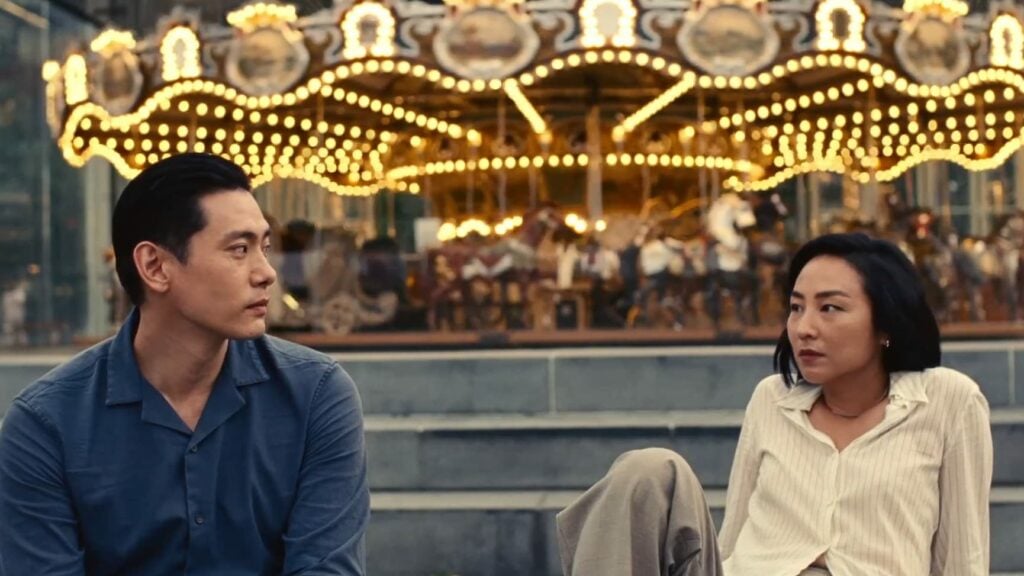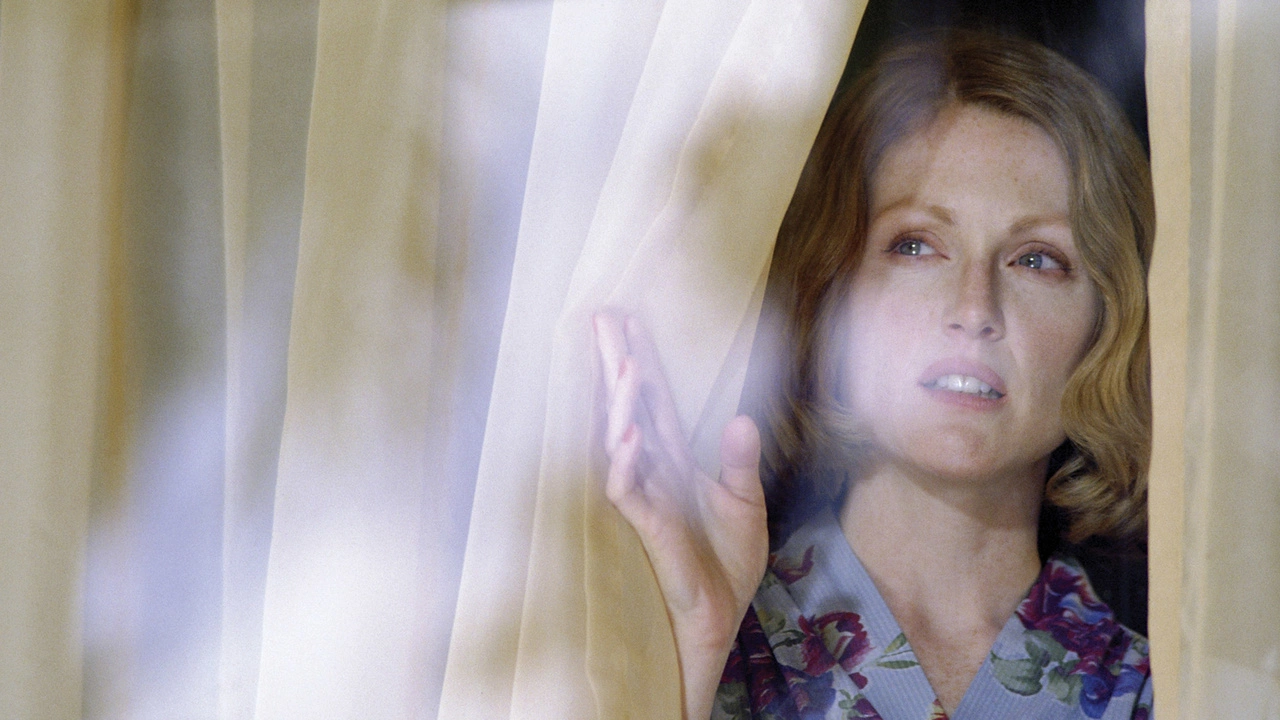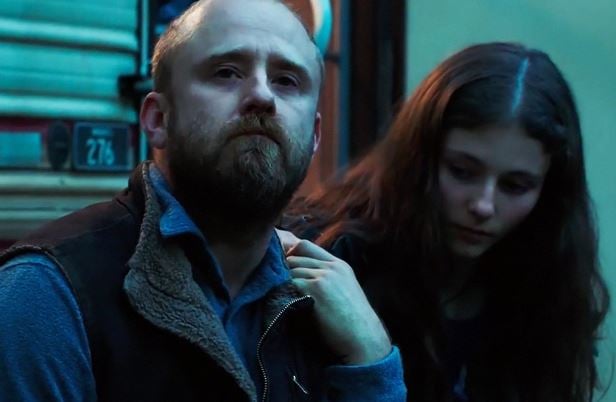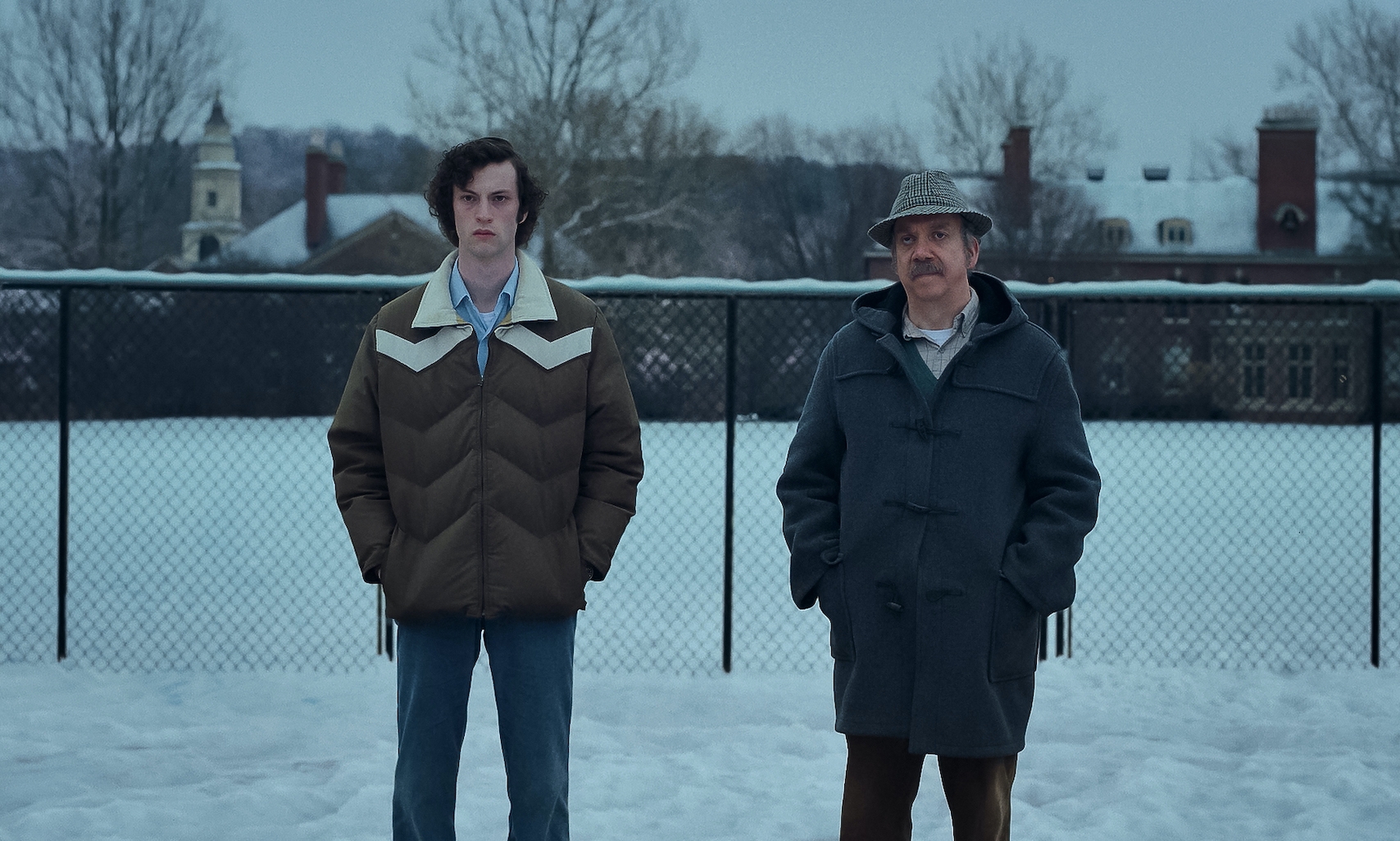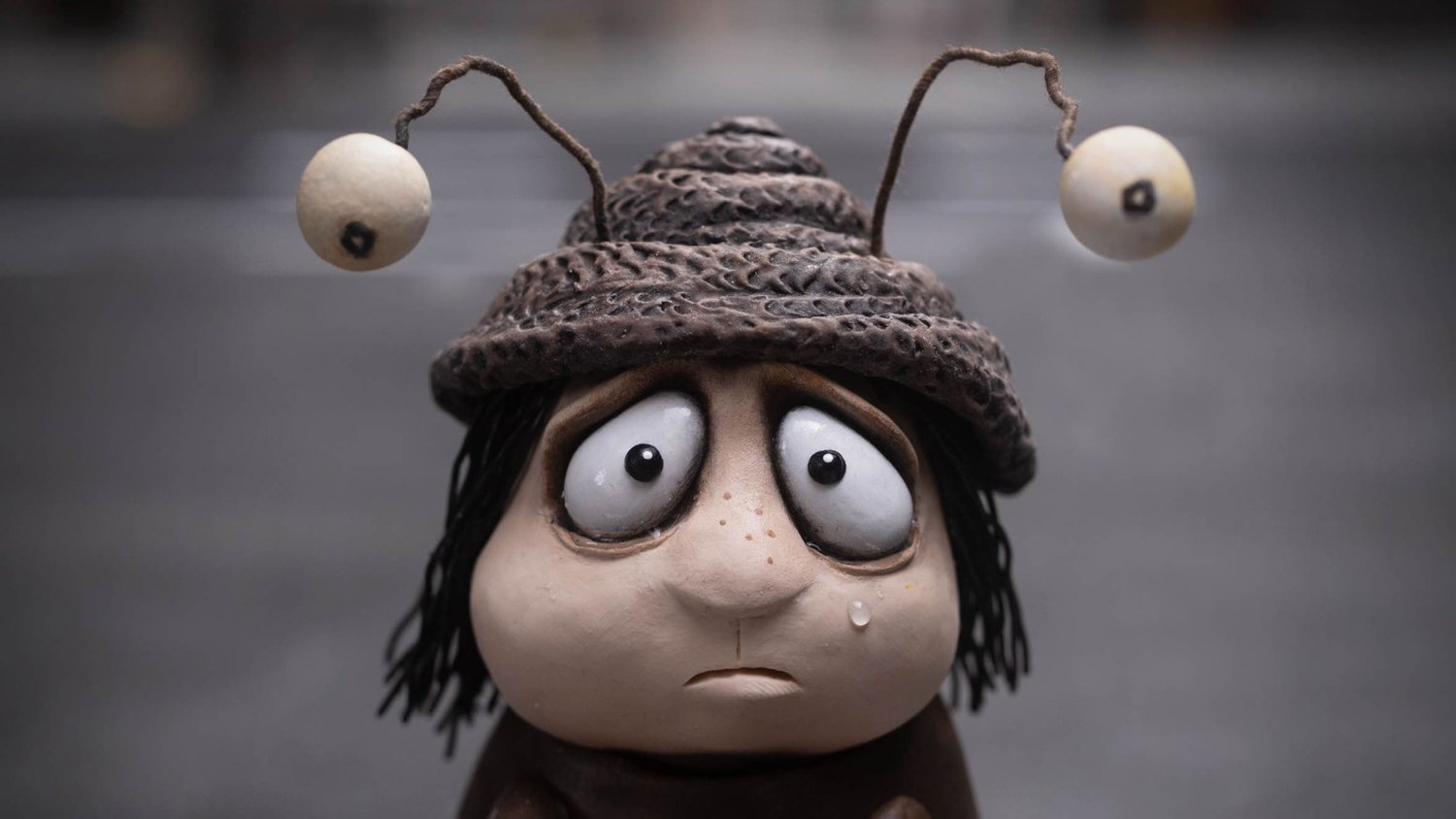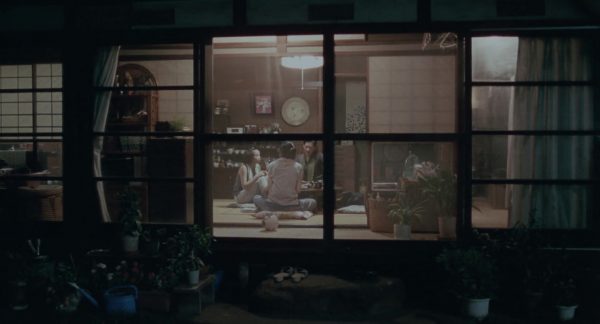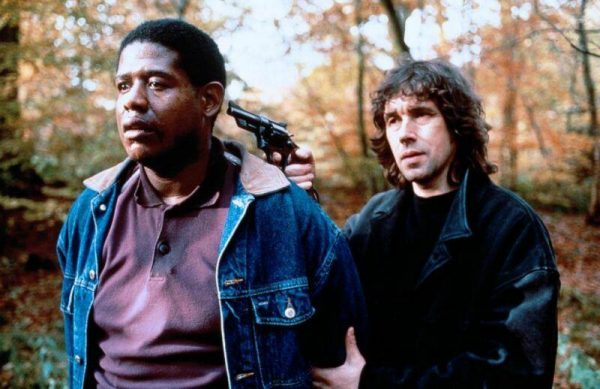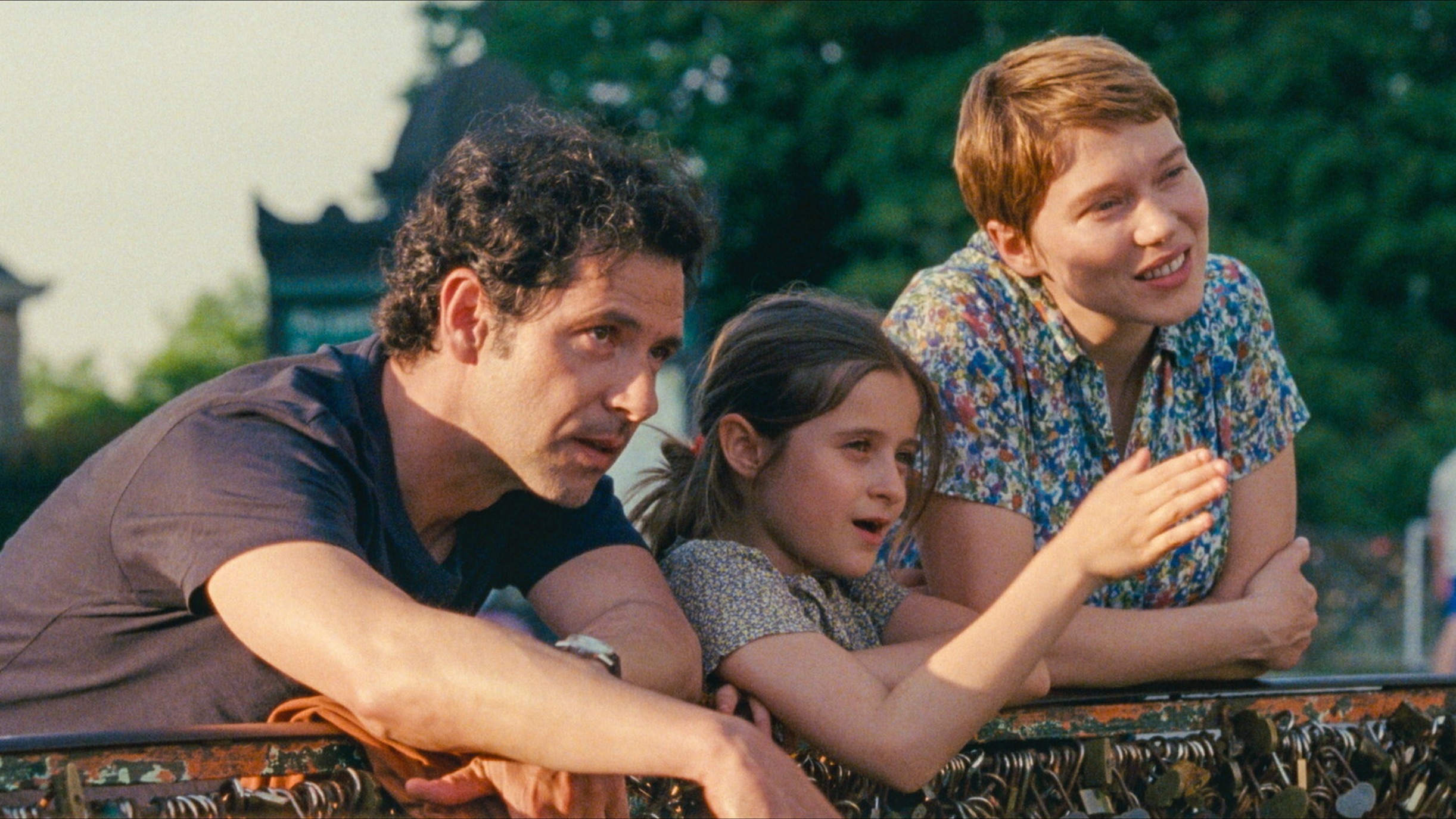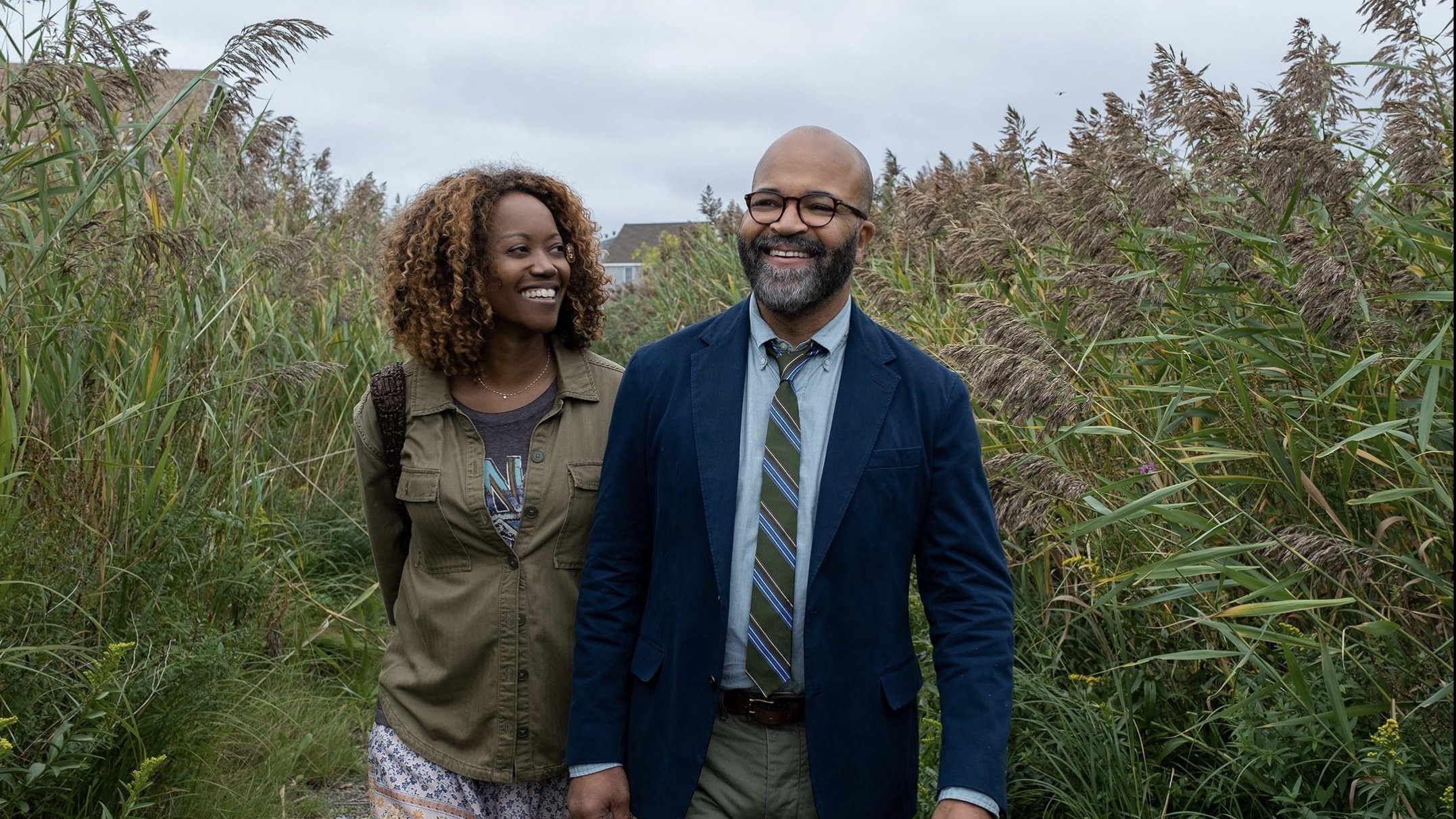
100 Best Movies on Spectrum on Demand
April 4, 2025
Share:
With more and more people switching to streaming, cable companies have also made a shift to offering streaming plans to loyal customers along with their usual cable deals. Since they also offer internet plans, it made sense for Spectrum to join the fray with Spectrum on Demand. The add-on surprisingly has a wide selection to stream, with plenty of quality films, and for viewers hankering for more, the platform also easily links you to even more films by pay-per-view. Here are our picks for the best films to watch on the platform:
Read also:
31. Past Lives (2023)
Genres
Director
Actors
Moods
The concepts of roads not taken and domino effects have received plenty of cinematic attention in their showier forms by way of multiverse comic book movies and dimension-hopping films like Everything Everywhere All At Once. But, though there’s no hint of sci-fi in Past Lives, Celine Song’s gentle film can count itself as one of the best treatments of that universe-spawning question: “what if?”
When her family moves from Seoul to Canada, teenage Na Young bids a loaded farewell to classmate Hae Sung and changes her name to Nora. Years later, they reconnect online and discover the spark still burns between them. This is no idealistic romance, though: Past Lives is told with sober candor. Song acknowledges real obstacles standing in the way of a relationship between the two — those pragmatic (distance) and, more painfully, personal (evolving personalities, American husbands).
Those two threads — unrealized romance and the transmutation of identity that so often takes place after migrating — are expertly entwined in Past Lives to produce a sublime, aching meditation on memory and time, practical love and idealistic romance, and all the complex contradictions that exist in between. That Song communicates so much and so delicately in only her first film makes Past Lives all the more stunning.
32. The Hours (2002)
Genres
Director
Actors
Why do we stay alive? Do we owe it to people to stay alive? Not everyone thinks about these existential questions, and even less are obsessed with them. But the characters in The Hours, who span centuries, do. It’s one of the few things that tie them together, along with female malaise and a love for literature. The film is so seamlessly stitched together, you barely notice when it slips into another era, or speaks to us through another character. It feels natural to jump into different timelines and collect all these different memories and observations, in the same way it feels natural for everything to happen all at once in life. Some reviews claim that, because of the dark themes the film covers, it can be hard to watch, but I don’t think I’ve had an easier time watching anything. The script is poetic, the performances heart-wrenchingly good (what a trio!), and the editing so smooth. This is a thoughtful film through and through, not just in content but in delivery too.
33. Leave No Trace (2018)
Genres
Director
Actors
Moods
Leave No Trace is the amazing new movie from the director of Winter’s Bone, Debra Granik. It’s the story of a father and his daughter who live completely off the grid in a national park in Portland, and their quiet quest to not be separated and remain off the grid. It’s not the sensational, tear-jerker story that you’d expect something with this premise to be. Rather, and like Winter’s Bone, it chooses a humane and realistic approach to the subject matter. The decision to live outside society is almost irrelevant to this movie. More so, its inevitability for certain people with certain mindsets is what is interesting. A stunningly quiet movie, really well-acted too.
34. The Holdovers (2023)
Genres
Director
Actors
Moods
Of all the Christmas-set films to have come out over the last couple of months that were, inexplicably, about grief and regret (you’d be surprised by how many there are), The Holdovers easily outdoes its contemporaries by being confident enough to just sit with its characters. Like the best of director Alexander Payne’s other films, there are no melodramatic crescendos or overcomplicated metaphors; there are only flawed individuals going about their lives, occasionally noticing the things that bind them together. Payne’s gentle touch means the characters (and the audience) aren’t forced to “solve” their grief, but allowed to come to terms with it in their own way, with each other.
Payne evokes the film’s 1970s setting through a muted color palette and analog—almost tactile—sound design, giving warmth to this New England despite all its snow and chilly interiors. It’s understandable that these characters are similarly cold to each other on the surface at first, but they manage to thaw the ice simply by taking the chance to listen to each other’s pain. It’s the kind of film in which relationships develop so gradually, that you hardly notice until the end how much mutual respect has formed between them when they return from their dark nights of the soul back to their status quo.
35. Memoir of a Snail (2024)
Genres
Director
Actors
Moods
The worst possible things that could happen, happen to orphaned twins Gracie and Gilbert but still they power on, motivated solely by the hope of being reunited once more. It’s a sweet premise, young siblings on opposite ends of the country encouraging one another with heartfelt letters. And with the soft-spoken Gracie (Snook) narrating the whole thing, it’s easy to be lulled into a sense of ease and comfort. But those familiar with director Adam Elliot’s work know that it’s never that simple. The film is as dark and edgy as it is sentimental and hopeful. It’s a complex piece of work, one that asks: is life worth living? After all the hardships, misfortune, depravity, and brutality, must we go on? You probably know what answer the movie will give you, but how it gets there is a heart-shattering journey that’s worth taking nonetheless.
36. Our Little Sister (2016)
Genres
Director
Actors
Moods
Hirokazu Koreeda can do no wrong. The director of Shoplifters and Still Walking is a master of dissecting complex family dynamics through a handful of events. In Our Little Sister, three close sisters who live at their grandmother’s house learn that their absent father has passed. They travel to the mountains to attend his funeral and meet their half-sister, Suzu, for the first time. Suzu is invited to live with the sisters and join their bond.
This movie is a true-to-the-form slice of life, it’s almost drama-free. This absence of plot is an absence of distractions: the sisters are all that matters to Koreeda. His only focus is on how this family becomes bigger, sees past grief, and how the group of close-knit sisters that grew up together can make room for a new addition.
37. The Crying Game (1992)
Genres
Director
Actors
Moods
IRA terrorists kidnap a British soldier to negotiate an exchange for one of their own imprisoned members. Among them is Fergus (Stephen Rea), whose ambivalence is amplified by his interactions with the hostage soldier Jody (Forest Whitaker) while guarding him. After the terrorists’ plan goes awry, Fergus tracks down a woman Jody spoke of during his captivity, only to become confronted with even more complications.
The film, its cast and crew won a slew of awards and nominations in 1993, including the Academy award for Best Original Screenplay. It’s a knockout. Each act presents an increasingly challenging psychological and emotional conflict for Fergus: conflicts that require him to question the choices he makes and his beliefs, even about himself. It’s a dark but deeply touching thriller that is ultimately unforgettable.
38. Little Shop of Horrors (1986)
Genres
Director
Actors
Moods
With a premise straight out of a cheesy sci-fi B-movie, you wouldn’t expect Little Shop of Horrors to be a bona fide spectacle, and yet its tale of a wish-fulfilling yet bloodthirsty plant remains as thrilling and intense as ever. More importantly, Alan Menken and Howard Ashman’s rock-musical songs remain boisterous and theatrical, gleefully performed by Rick Moranis, Ellen Greene, Steve Martin, and Levi Stubbs. And buried underneath all this is a comedy with a heart of darkness and a legitimately disturbing morality tale.
Musicals and horror movies are genres that typically cater to a more niche audience, but Little Shop of Horrors should be fun enough to draw anybody in, thanks to the film’s impressively tactile sets, director Frank Oz’s knack for physical comedy, and animatronic special effects that look better than most CGI creations today. As both a horror movie monster and a massive puppet, the vicious plant named Audrey II is entirely worth the price of admission, no matter which version of the film you seek out.
39. The Red Turtle (2017)
Genres
Director
Actors
Moods
Co-produced by the legendary Studio Ghibli and directed by Dutch animator Michaël Dudok de Wit, The Red Turtle is a tale about a man shipwrecked on a desert island whose fate is changed upon meeting a giant turtle. Beautiful images are pulled together and combined with the film’s delicate symbolism about humanity and nature, in a story told with remarkable restraint. The only sound in the movie is that of nature and the film’s beautifully relaxing score. Using only simple ingredients, The Red Turtle is an enigmatic, captivating, and highly-recommended gem that, after all, encompasses life itself.
40. One Fine Morning (2022)
Genres
Director
Actors
Moods
French director Mia Hansen-Løve is a master at gently capturing the full bittersweetness of life, and that’s no more evident than in One Fine Morning. Léa Seydoux gives a quietly powerful performance as Sandra, a mother-of-one who is grappling with the slow, devastating decline of her philosophy professor father at the hands of a neurodegenerative disease. As she deals with the crushing trauma of watching her father deteriorate — and the logistical stress of getting him the care he needs — life grants her an oasis through a chance meeting with an old acquaintance (Clément, played by Melvil Poupaud). Despite Clément being married, the two are hurled into a passionate romance, one that re-ignites something in Sandra she thought she’d lost forever.
What’s so remarkable about One Fine Morning is its gentle empathy: Hansen-Løve appreciates that, in the context of Sandra’s life, her affair with Clément is something life-affirming and vital, worthy of sensitive consideration rather than easy judgment or melodrama. What’s more, One Fine Morning extends that thoughtful attention to the other people around Sandra, with digressions that recognize the fullness and complexity of their lives, too. This is a film that overflows with compassion and curiosity for everyone in its frame, and one that has a contagiously heart-expanding effect on its audiences.
Comments
Add a comment
Ready to cut the cord?
Here are the 12 cheapest Live TV streaming services for cord-cutting.
More lists
Lists on how to save money by cutting the cord.
Curated by humans, not algorithms.
© 2025 A Good Movie to Watch. Altona Studio, LLC, all rights reserved.
